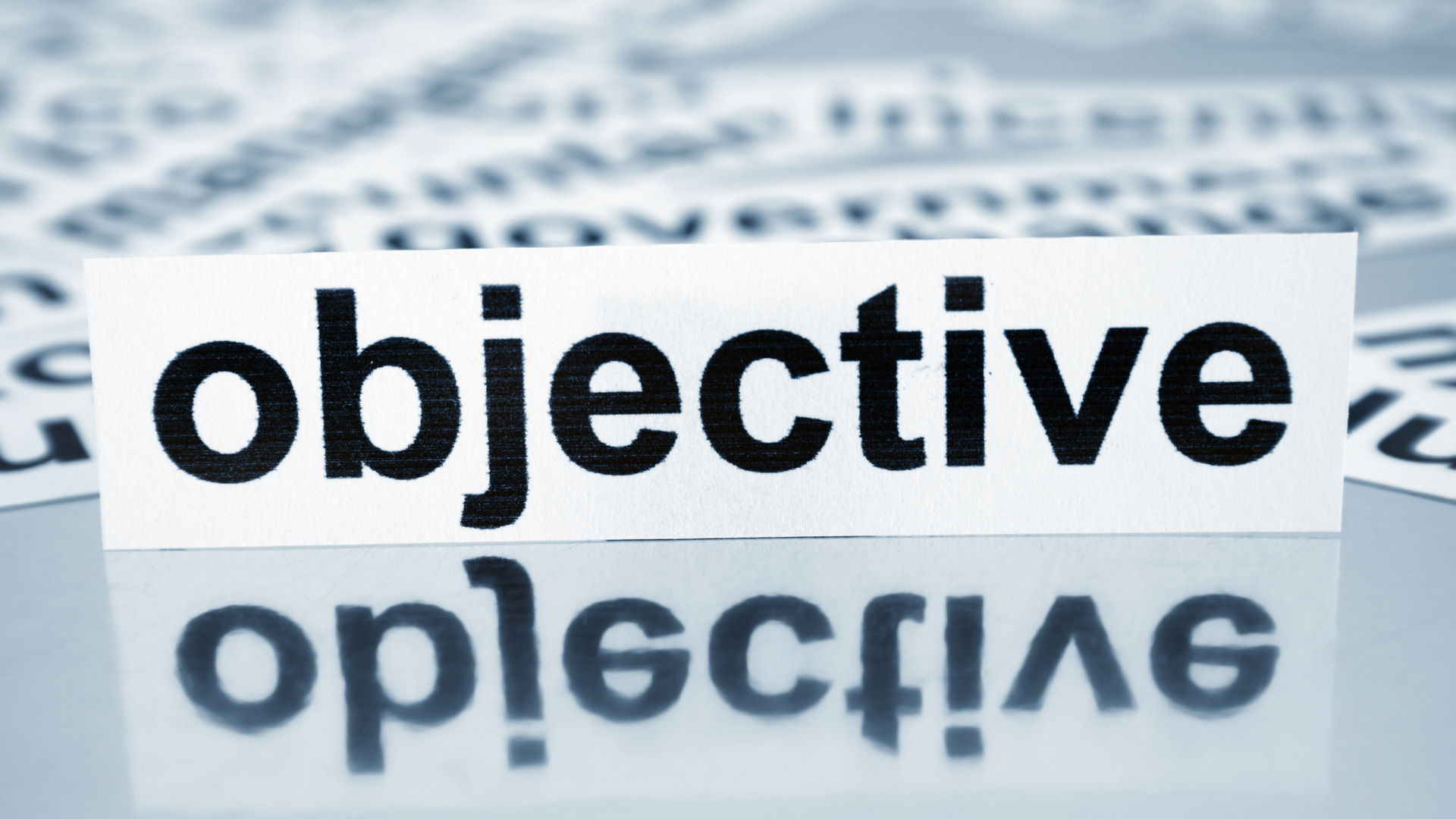Building a Personal Wealth Plan

Making a Plan
Let’s say that I have a burning desire to drive from London to Nice, a trip of about 865 miles, and to arrive next Monday afternoon. I have the car and the skills to handle it, the money for fuel, understand the relevant natural laws of physics and biology, and have read up on the European rules of the road, border control, and customs requirements. I also have the exact address and a map of my destination in Nice.

An element is missing, however, and whether I am the forward-thinking, organized type, or a laid-back dude, it can’t be avoided. I need to make some decisions about the journey.
One simply can’t be ducked: Do I cross the English Channel by Eurotunnel or car ferry? Choosing the latter immediately raises the question of which port of departure and ferry line since there are several.
There are a few more questions I might want to consider:
- What day and time do I leave London?
- Should I book the channel crossing or just turn up?
- If I book, for what time?
- If I take the ferry, do I want a cabin?
- Once in France, shall I do the trip in one go, or arrange an overnight stopover?
- Should I do some sightseeing, detour to see friends, or buy wine on the way?
- What route will I take?
- Am I happy to pay toll fees on motorways?
- Should I take some euros with me or rely on credit cards?
- Are there any likely traffic congestion hot spots to avoid?
- Do I want to drive at night when the roads are quiet?
- Will I buy food and drink along the way or take it with me?
- What music should I take with me to listen to?
My decisions on these and other questions relating to the journey amount to a plan. Even if the answer is “I can’t decide any of these things. I’ll just get in the car and see what happens,” it’s still a strategy called winging it.
How about tinkering with the objective? Perhaps remove the “Monday afternoon” part and just arrive when I arrive. That makes life much easier and raises fewer questions, but some still remain.
What happens if I drop Nice as a destination altogether? Now we’re getting somewhere. The sky’s the limit here—no decisions or strategy of any kind is needed. I can just drive and see where I end up.
_________________________________________________________________________________________________

So in order to achieve a set objective, however simple the task, you must make choices and trade-offs to achieve it. These choices and trade-offs constitute your strategy. To fix O as your goal and set off without a strategy is a sure way to somewhere, but it’s unlikely to be O.
This seems patently self-evident, yet a surprising number of people jump on the bandwagon, enjoy the company and party spirit for a while, and then find themselves out of the road, in a dust bowl in the middle of nowhere.
Another important point is that your finance skills, starting position, chips, understanding of the rules, and chosen strategy link to your objective like the connections in a circuit. If one of the components doesn’t fit with the others or malfunctions, the whole system fails. Imagine the circuit without any one of these.
So what is a good strategy to achieve O?

A good personal financial strategy should be short and clear, help you every day, and endure so that you don’t have to change it.
As this book isn’t concerned with the source of your earned income, the question is this: “How do you use surplus cash flow to generate net worth and manage your net-assets-to-needs gap to achieve O?”
Here is the strategy I recommend to achieve the first part of this:
1. Maximize surplus cash and apply it to a mix of appreciators that you understand; use leverage (where appropriate) and compounding to boost returns while maintaining adequate liquidity throughout.
2. The second part of the question is about managing needs, and the generic strategy is simple: design the needs package that most helps you reach O, and stick to it.
O is the objective in the wealth game. It is designed to meet the requirements for an effective goal and be achievable without magic, extraordinary skills, or disproportionate luck.
I don’t suggest for a minute that everyone can reach it, but it is within the grasp of many more people than currently recognize it and who are busy cooking up Brown Windsor soup.
Here is the meaning of O:
I can live the life I want without needing to work for money again.
Read the full article – How to Win in the Wealth Game.
_________________________________________________________________________________________________
Learn more on The Wealth Game 😊: CLICK HERE
The Swiss Association supports professionals to join, navigate, & succeed in the blue ocean of family office and private wealth solutions. |
|
||||||
➡️ Join the Private Wealth & Family Office (PWFO) Association Community here: CLICK HERE
|




